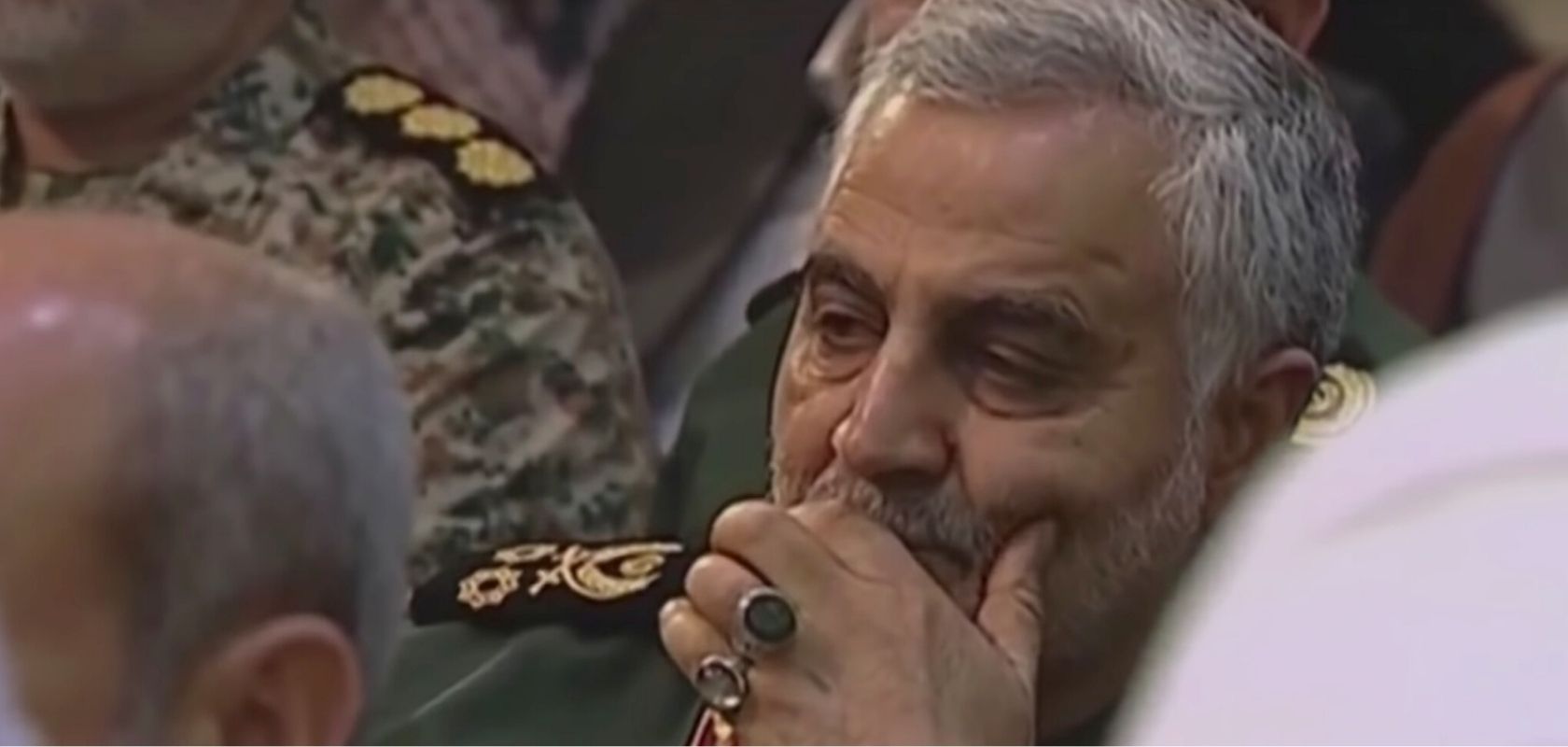If you for some reason happen to be a supporter of assassinated Iranian General and terrorist Qassem Soleimani, you won’t be able to voice that support on Instagram or on Facebook, who owns Instagram. Soleimani was killed last week by the United States, with President Donald Trump accusing him of planning to blow up a US embassy.
US social media giants are now removing posts made in support of Soleimani because of US sanctions against Iran. Thus, Iranian football player Alireza Jahanbakhsh posting a photo of the Iranian general shortly after his death was considered an act of support. It didn’t help that Jahanbakhsh, who plays in England, has a verified account – the post was banned.
Both Instagram and Facebook often face accusations of censorship on the platforms for various reasons, but in this instance has a foreign government, that of Iran, upset to the point of setting up a place on the government’s official website for users to post examples of content banned by Instagram.
Tehran is also threatening legal action against Instagram – the only major western social media network that is still allowed in Iran, where both Facebook and Twitter are blocked.
A spokesperson for the Iranian government accused Instagram of acting in an undemocratic manner for removing the posts.
Coda Story details Instagram’s censorship now faced by Iranians – who are used to their own government stifling speech in a similar way. The deleting of posts is affecting ordinary people and activists alike. According to the report, at least 15 Iranian journalists said that the social media giant suspended their accounts.
You might wonder how posting photos of Soleimani might be breaching US sanctions, and why Instagram would feel the need to get rid of them. It goes back to the US government designating Soleimani, and the Islamic Revolutionary Guard Corps (IRGC) that he commanded, as a “terrorist organization.” On these grounds, Soleimani’s own Instagram account was banned in April.
As for posts made by users, that are now being removed, Facebook said they could contest the decisions by filing appeals.
You may also want to know how US giants like Twitter and Google act when it comes to complying with US sanctions – and these replies are still pending.






















